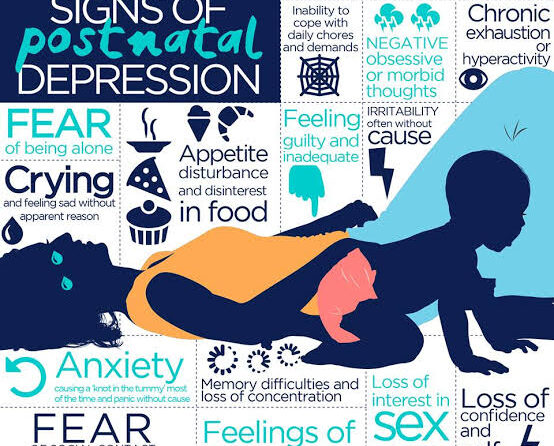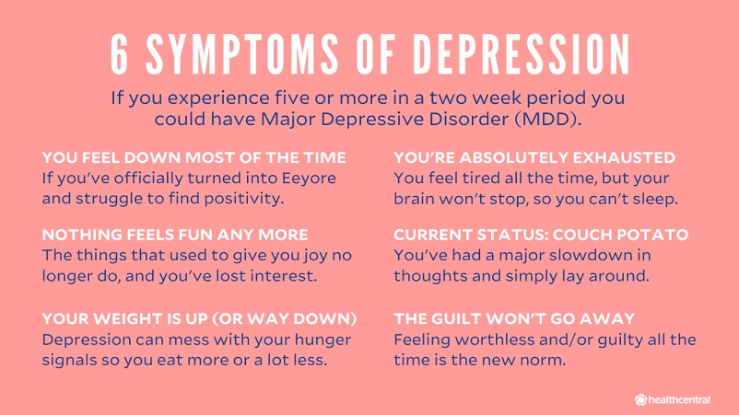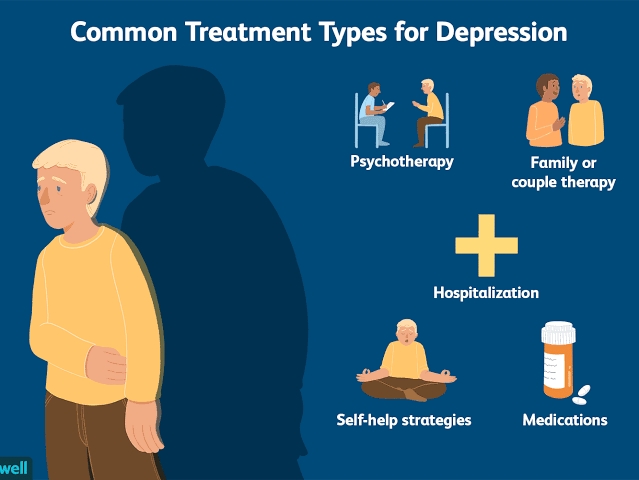
Depression is one of the conditions that is clouded with mystery and myth. While depression is a condition that affects how a person thinks, feels, and acts, myth can take it out of proportion and portray it as something else. For depression to be effective the symptoms must be existing for a period of not less than 2 weeks consecutively.
10 Myths about Depression.
- Only women get depressed.
- It is not a real illness.
- Depression is curable.
- Depression is the same as being sad.
- Depression is only in the head.
- Depression can only be managed by medication.
- If your parents have it, so Can you.
- Depression isn’t a big deal.
- It’s a part of life to deal with depression.
- Depression is only caused by a traumatic event.
Some myths are misconceptions about the true facts of depression.

TYPES OF DEPRESSION.
Clinical Depression.
This is a mental health disorder that is depicted by depressed mood and loss of interest in activities.
Persistent Depressive Disorder.
This is generally a mild type of depression but with long-term low mood effects.
Bipolar Disorder.
Bipolar is associated with a combination of low mood swings and depressive manic highs. This is a very severe type of depression.
Bipolar ii Disorder.
A less severe type of bipolar disorder, distinguished by depressive and hypomanic episodes.
Postnatal Depression.
It’s the type of depression that happens after childbirth. Postpartum depression, as it is commonly referred, can develop into a major depression later in life.

SYMPTOMS OF DEPRESSION.
Depression has many symptoms depending on the type of person. Basically, the symptoms include the following:
Mood.
Depression is identified by anger, anxiety, guilt, hopelessness, loss of interest or enjoyment in activities, mood swings, or panic attacks.
Behavioral
Crying all the time, irritability or restlessness are good signs of someone under depression.
Whole-body
Unexplained fatigue, and loss of appetite.
Weight
Unnecessary weight gain or loss.
Cognitive
Lack of concentration or undesirable thoughts.
Psychological
Depression could be a possibility if a person exhibits a fear of the unknown, insomnia, or contemplating suicide.
TREATMENT
For any form of treatment to be prescribed, the patient has to be examined by a medical professional to determine the type of depression the sufferer has.
After the diagnosis any of the following or a combination of two can be used for the treatment of depression.
- Medication such as antidepressants, anxiolytics, and antipsychotics
- Talk therapy and counseling.
- Psychotherapy
- Hormone therapy.
The treatment range from short-term, medium, and lifelong. The causes of depression such as biological, psychological, and social aspects, impact greatly on the type of depression disorder, treatment, and whether the disorder can be cured after a few weeks or months or it can’t be cured.






